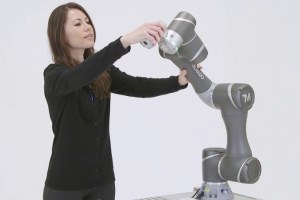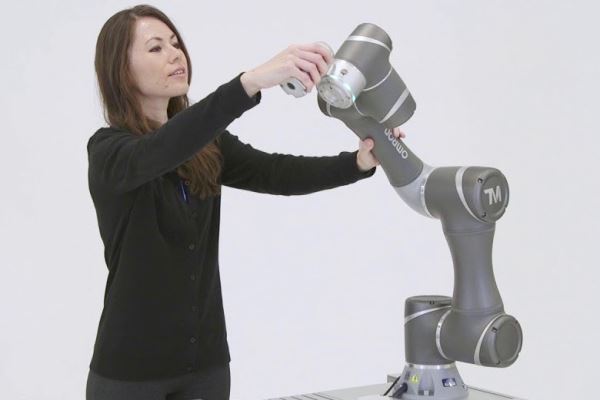A new survey has found people have more trust in robots than their managers.
The study, sponsored by Oracle and Future Workplace, surveyed 8,370 employees, managers and HR leaders across 10 countries.
The second annual AI at Work study found artificial intelligence (AI) has changed the relationship between people and technology at work, and “is reshaping the role HR teams and managers need to play in attracting, retaining and developing talent.”
The study was conducted in 10 different countries and six languages. Respondents were full-time employees between the ages of 18-74 years, including HR leaders, managers and employees.
An average 64% of those surveyed said they trusted robots over managers.
In Australia and New Zealand, those trust levels were slightly below average at 58 percent, while only 26 percent in the region are “excited” about AI in the workplace.
For the purposes of the study, the term “robot” most likely refers to robotics process automation and artificial intelligence-style software robots, rather than physical robots.
Still, the survey results show some interesting trends in how workers interact with their managers and technology.
More workers embracing AI
The survey found employees, managers and HR leaders are reporting increased adoption of AI at work, and many are welcoming AI “with love and optimism.”
For example:
-
50% of workers currently use some form of AI at work, compared with 32% last year. Workers in China (77%) and India (78%) are adopting AI more than twice as much as workers in France (32%) and Japan (29%).
-
The majority of workers (65%) are optimistic, excited, and grateful about having robot co-workers, and nearly a quarter report having a “loving and gratifying relationship” with AI at work.
-
Workers in India (60%) and China (56%) are most excited about AI, followed by the UAE (44%), Singapore (41%), Brazil (32%), Australia/New Zealand (26%), Japan (25%), US (22%), the UK (20%), and France (8%).
-
Men have a more positive view of AI at work than women, with 32% of men optimistic vs. 23% of women.
Trust issues
When asked about the way employees interact with their managers, the survey said the traditional role of HR teams and the manager is shifting.
For example:
-
64% of people would trust a robot more than their manager, and half have turned to a robot instead of their manager for advice.
-
Workers in India (89%) and China (88%) are more trusting of robots over their managers, followed by Singapore (83%), Brazil (78%), Japan (76%), UAE (74%), Australia/New Zealand (58%), the U.S. (57%), the U.K. (54%), and France (56%).
-
More men (56%) than women (44%) have turned to AI over their managers.
-
82% of people think robots can do things better than their managers.
-
When asked what robots can do better than their managers, survey respondents said robots are better at providing unbiased information (26%), maintaining work schedules (34%), problem solving (29%), and managing a budget (26%).
-
When asked what managers can do better than robots, workers said the top three tasks were understanding their feelings (45%), coaching them (33%), and creating a work culture (29%).
-
“The latest advancements in machine learning and artificial intelligence are rapidly reaching mainstream, resulting in a massive shift in the way people across the world interact with technology and their teams,” said Emily He, senior vice president of the Human Capital Management Cloud Business Group at Oracle.
“As this study show, the relationship between humans and machines is being redefined at work, and there is no one-size-fits-all approach to successfully managing this change.
“Instead, organizations need to partner with their HR organization to personalize the approach to implementing AI at work in order to meet the changing expectations of their teams around the world.”
For managers, the study’s authors suggest they continue to hone and work on their soft skills as AI begins to take on more and more tasks with employees.
“The 2019 study shows that AI is redefining not only the relationship between worker and manager, but also the role of a manager in an AI-driven workplace,” said Dan Schawbel, research director at Future Workplace.
“Based on the findings, managers will remain relevant in the future if they focus on being human and using their soft skills, while leaving the technical skills and routine tasks to robots.”


